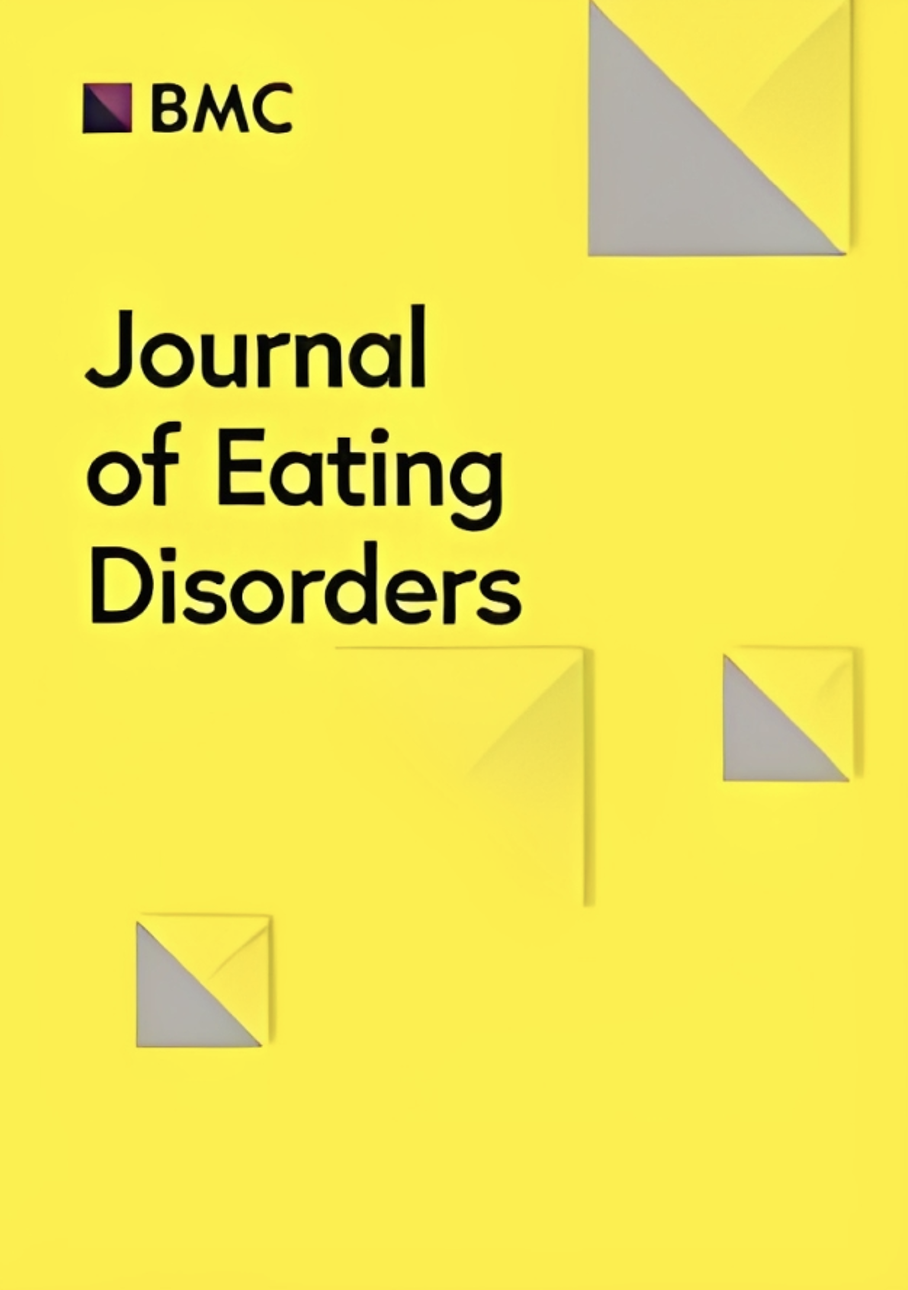Background
Limited screening practices, lack of eating disorder training in the healthcare professions, and barriers related to help-seeking contribute to persistent low rates of eating disorder detection, significant unmet treatment need, and considerable associated disease burden. The current review sought to broadly summarise the literature and identify gaps relating to the screening, assessment, and diagnosis of eating disorders within Western healthcare systems.
Methods
ScienceDirect, PubMed and Ovid/Medline were searched for studies published between 2009 and mid 2021 in English. High-level evidence such as meta-analyses, large population studies and Randomised Control Trials were prioritised through purposive sampling. Data from selected studies relating to Screening, Assessment and Diagnosis of eating disorders were synthesised in narrative format and are disseminated in the current review. For more information on the Rapid Review methods, see https://jeatdisord.biomedcentral.com/articles/10.1186/s40337-022-00556-3
Results
Eighty seven studies were identified, 38% relating to screening and 62% to assessment and diagnosis. The majority of screening studies were conducted in university student samples, showing high prevalence but only modest improvements in help-seeking in those studies that followed up post-screen. In healthcare settings, clinicians continue to have difficulty identifying eating disorder presentations, particularly Binge Eating Disorder, Other Specified Feeding or Eating Disorders, and sub-threshold eating disorders. This is preceded by inadequate and variable screening mechanisms and exacerbated by considerable personal and health-system barriers, including self-stigma and lack of resourcing. While all groups are at risk of delayed or no diagnosis, those at particular risk include LGBTQ+ and gender diverse individuals, individuals living in larger bodies, and males.
Conclusion
A majority of individuals with eating disorders remain undiagnosed and untreated despite a high prevalence of these conditions and increased advocacy in recent years. Research into improving detection and clinician diagnostic skill is extremely limited. Innovative empirical research is strongly recommended to address significant individual and health-system barriers currently preventing appropriate and timely intervention for many.
